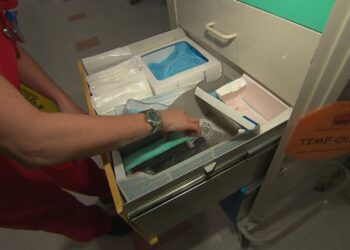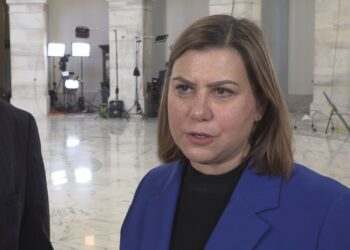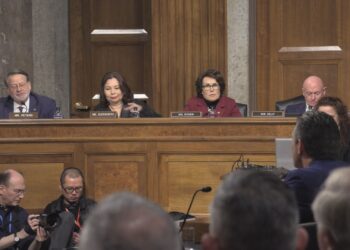WASHINGTON, D.C. – About five million dollars in new federal funding is on it’s way to Michigan to help communities prevent coastal erosion and flooding issues. We’re told out of the roughly 40 potential projects in Michigan, there are at least three in the UP that could benefit from this new federal loan program.
The funding is different than typical FEMA grants. This funding will be used to help states establish a revolving loan programs for local governments to carry out mitigation projects that reduce natural disaster risk including extreme flooding, shoreline erosion and rising water levels that have put homes, businesses, property and communities at risk and could cause millions of dollars in damage if not protected.
Out of the combined 50 million dollars available in this funding, Michigan will get a little more than five million. We’re told it could go towards a project in Escanaba that has to do with stormwater related improvements and another project proposal in the UP for developing a plan to how to handle flooding in their community.
Senator Gary Peters (D- MI) told WZMQ we know that climate change is causing storms that are happening with great frequency and intensity and sometimes our infrastructure is simply not designed to handle that. These funds could be a game changer for Michigan communities.
“We know that after a storm and the damage has been done it’s awfully expensive to clean that storm up and to rebuild,” said Sen. Peters. “Not to mention it can create havoc in people’s lives so we want to be able to make sure we’re making these investments upfront. The legislation that I wrote and is now being implemented and will be available for communities across the state of Michigan to provide loans upfront and they are very low interest loans and when those loans are paid back it’s a revolving fund that other communities will then be able to access.”
The Michigan Emergency Management said now that they’ve secured this funding, they’re going to narrow down which projects in the state will get part of the five million dollars.








